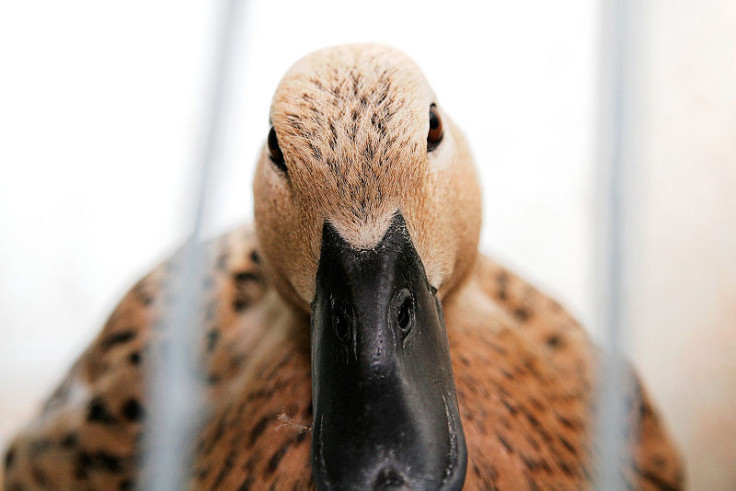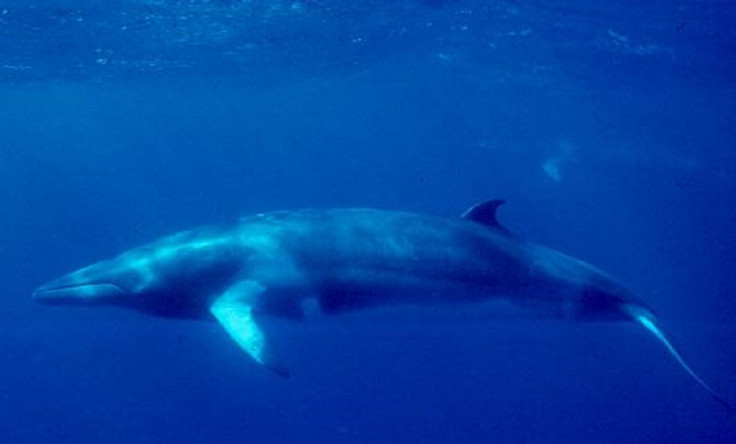Mystery of 'Ocean Duck Quacks' Solved by Scientists

A 50-year-old mystery involving duck quack sounds coming from the ocean has finally been solved by scientists.
The strange duck sound was first heard by submarine crews in the 1960s. It consisted of a series of repetitive, low pitched pulsing sounds.
The repetitiveness of the sound made scientists at first think it was another submarine. Others later suggested it could be a fish, but seemed too loud.
"In the beginning, no one really knew what it was," Denise Risch, a marine biologist at NOAA Northeast Fisheries Science Centre, told LiveScience.
However, after years of research, scientists have discovered the true origin of the ocean quacks – minke whales.
Published in Biology Letters, the researchers tagged two Antarctic minke whales to study their feeding behaviour and movements. The tags also contained underwater microphones and recordings played back showed the duck sounds.

Risch said: "Although we regularly observe minke whales in our Gulf of Maine surveys, we know very little about minke whale vocalisations and how they use sound in their behavioural and social interactions."
The researchers said that although they do not know what the vocalisations mean, they did find that none of the minke whales produced all the different types of calls. Instead, they produced two call sequences combining three or different call types in a certain order. These sequences were stable over time and were shared by individuals.
Researchers believe that the sounds may be to do with social interactions between individuals.
Risch said: "Because the same calling patterns were shared by several individuals, the patterns may contain information related to sex, age or a specific behaviour. The whales seem to regularly use different patterns of calling when in hearing proximity of one other. We don't know yet what purposes these patterns serve or which sex is producing the calls.
"In several other baleen whale species only the males produce songs, which serve in a reproductive context. This could also be true for minke whale vocalisations, which appear to be more common during migration and the winter breeding season than during the summer feeding period."
© Copyright IBTimes 2025. All rights reserved.






















